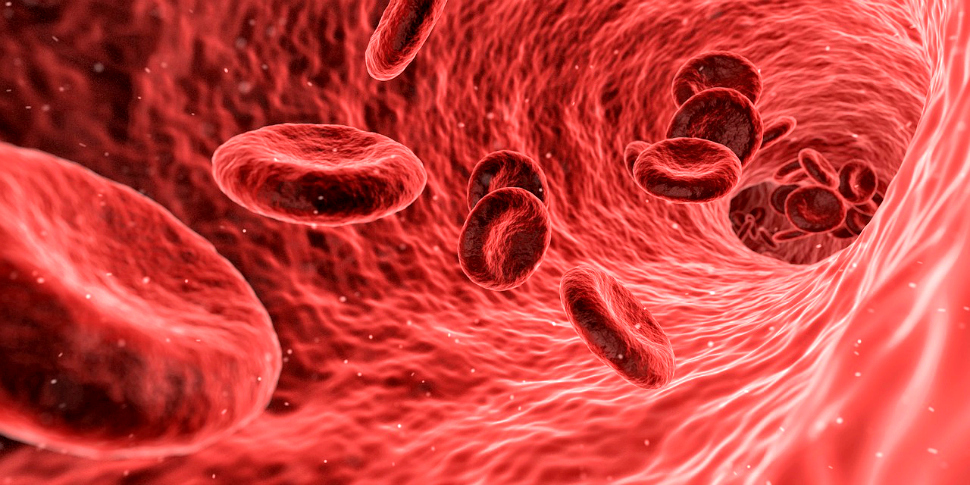BTN.com LiveBIG Staff, March 7, 2017
You know those spray cans that let you fix your flat tire immediately and give you time to get to a garage for a more permanent solution?
A celebrated professor at Ohio State University may have developed a similar system for the blood in your body – minus the spray can.
Andre Palmer, professor and department chair in Chemical & Biomolecular Engineering, is researching the sustainable creation of a blood substitute that could be used when real blood is not immediately available.
A lack of available blood for those that need it could be due to supply shortages as well as blood spoilage. Outside of the body, blood begins to lose nitric oxide, expiring fully after 42 days. So even when large groups of people are motivated to donate blood – after natural disasters, for instance – it?s availability to doctors and medical technicians is limited.
But according to The Lantern, even this expired blood can be used in Palmer?s process as a supply for hemoglobin.
Palmer?s blood substitute is usable by people of all blood types – unlike real blood which is type-specific. Like the tire-in-a-can, Palmer?s artificial blood is not intended to be permanent. Palmer describes it as ?a bridge? between the time of a person?s need for real blood and their ability to get a transfusion; Palmer?s blood substitute can sustain a person for 1-2 days. Soldiers on a battlefield, victims of a severe accident or other trauma and those with a rare blood type would be helped by additional time afforded through Palmer?s substitute.
OSU has additional details on Palmer's research and the other work he?s done which has led to three grants totaling $5.5 million.







